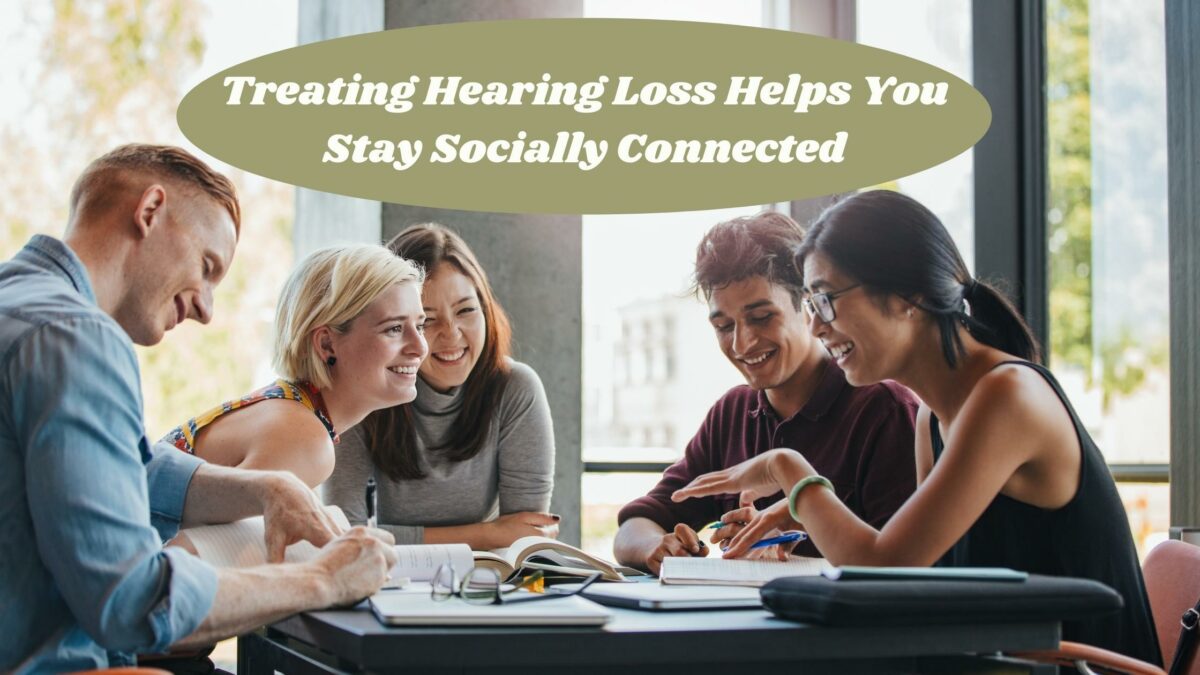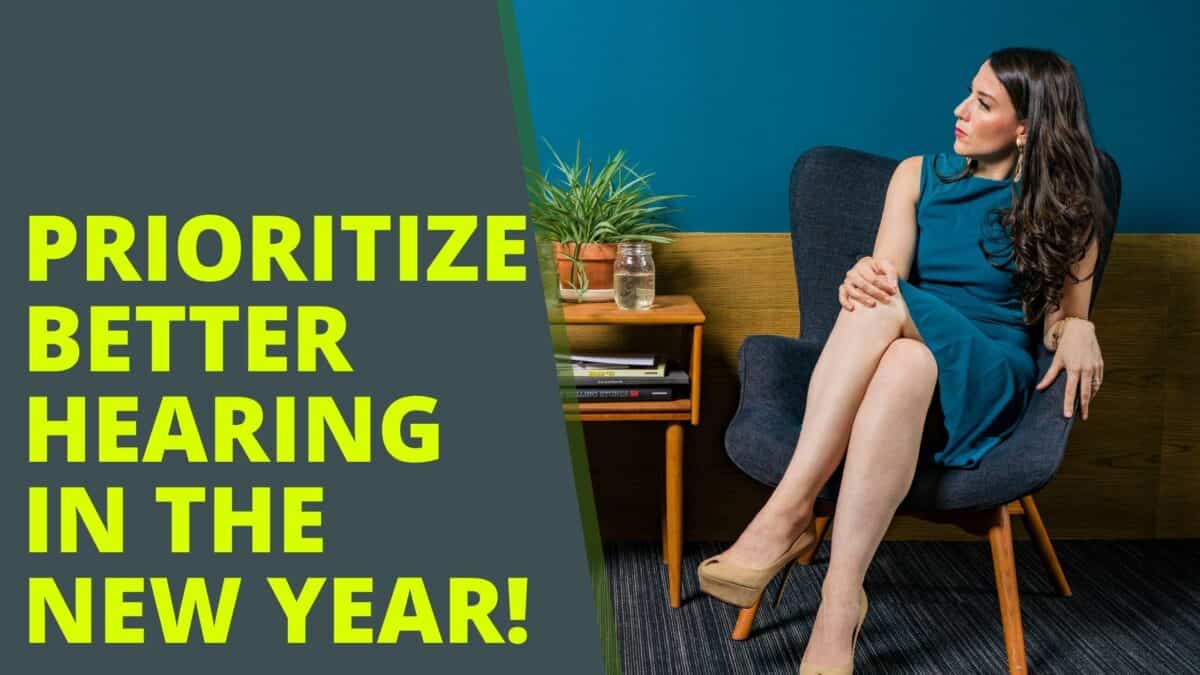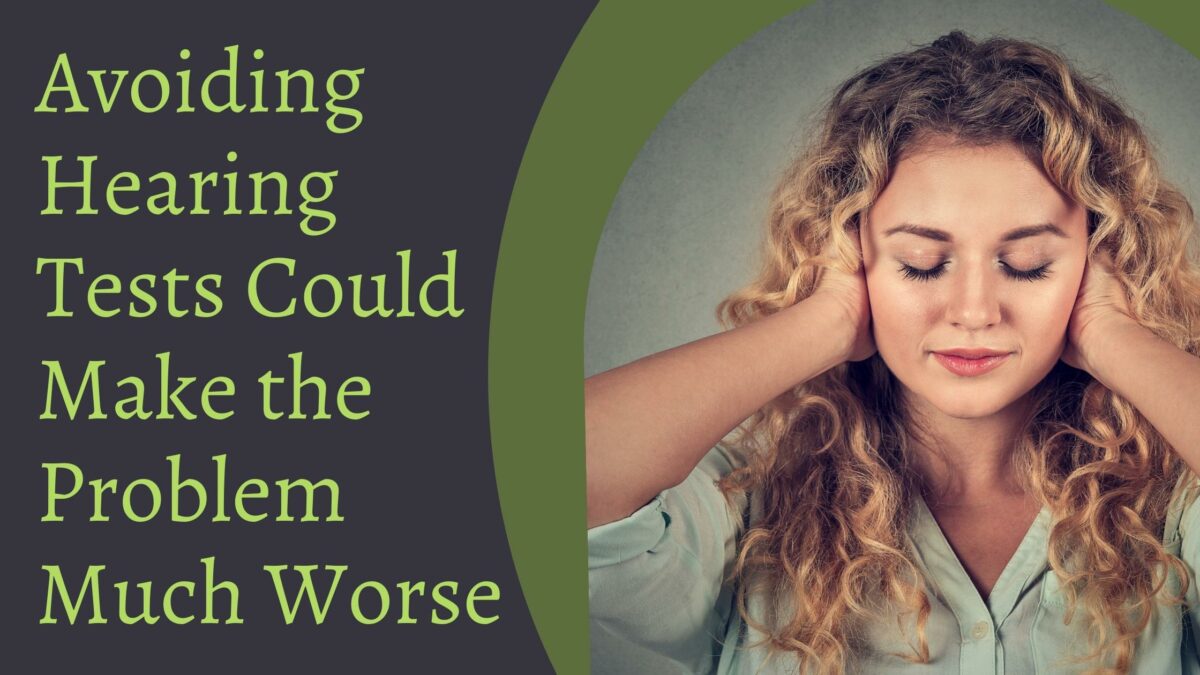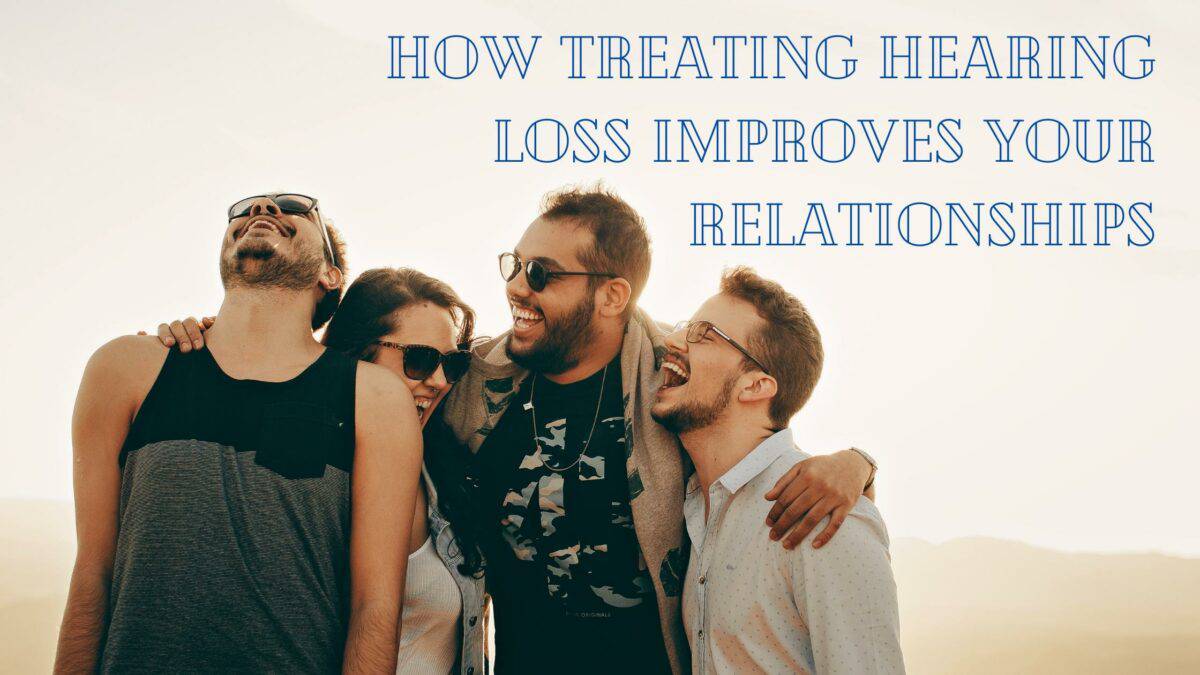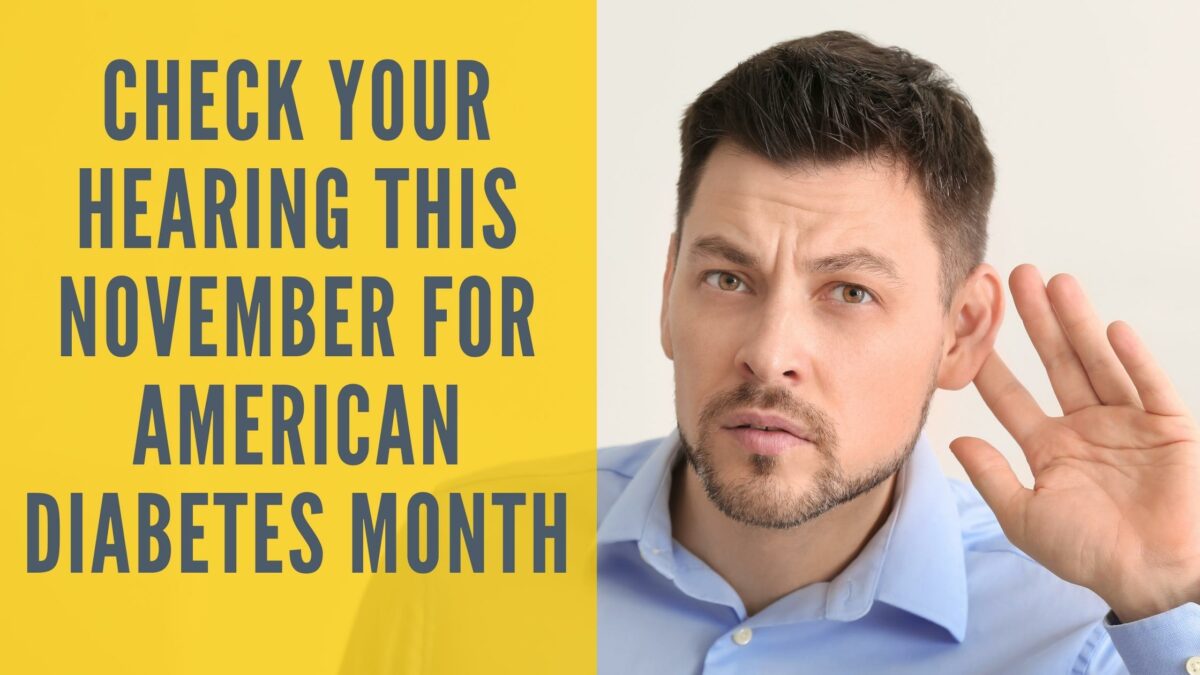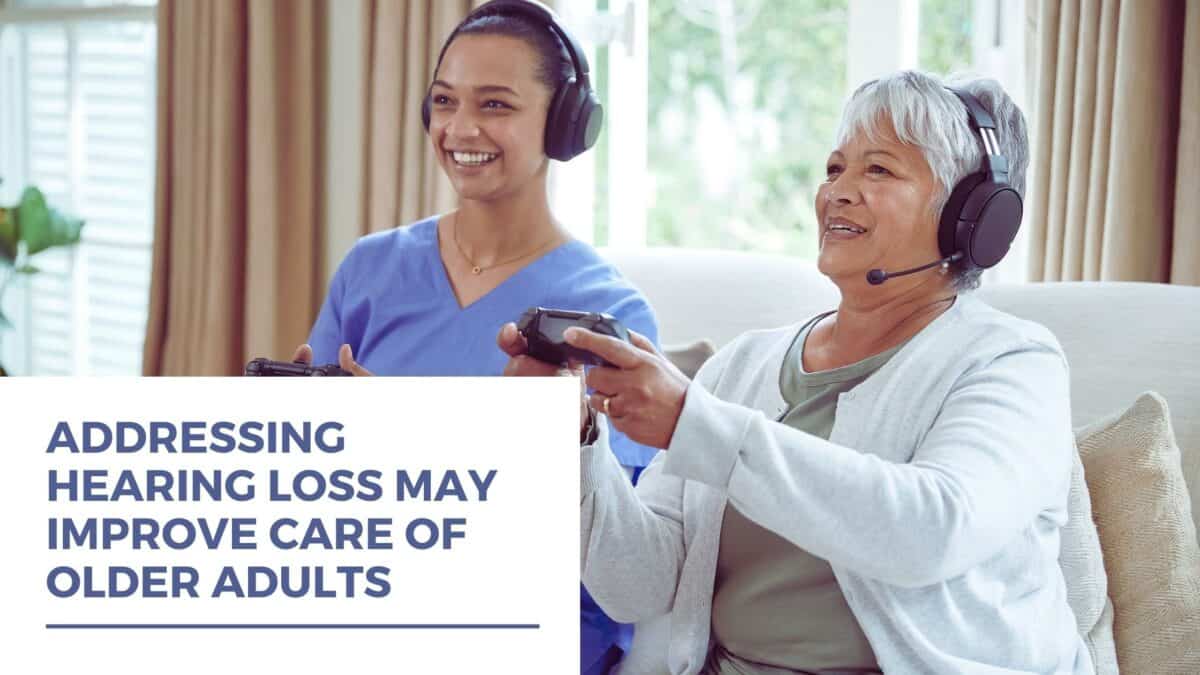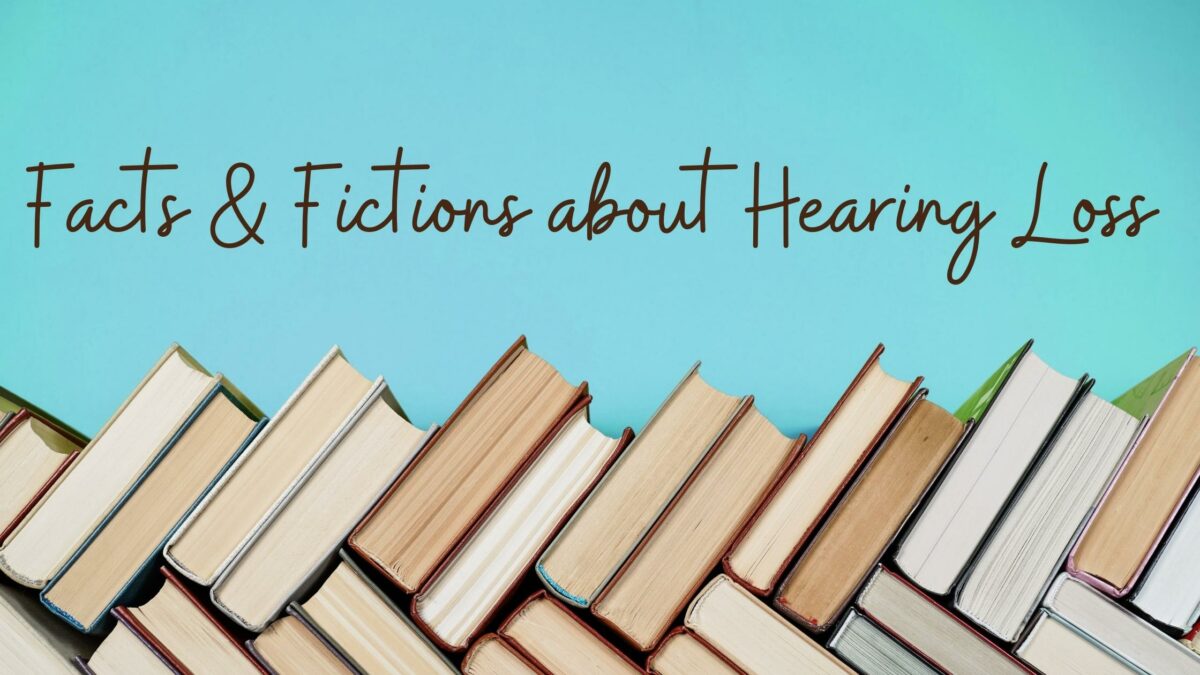Hearing connects us with family and friends. It makes it easy to have conversations with loved ones and enjoy spending time with friends. Hearing helps you process sounds, understand every word, and respond quickly in conversations. But what happens when you have hearing loss? Living with untreated hearing loss can be an isolating experience. Social interactions become a lot …
Prioritize Better Hearing in the New Year!
January is almost here, and this means a whole new year. We often use this calendar event as an excuse to start something new for our health. Many of us commit to a dietary cleanse or invest in a health monitor to challenge how many steps we take in the new year. One aspect of health which often gets overlooked …
Nutrients That Boost Your Hearing Health
Are you concerned about your hearing? Have you found that you have to ask people to repeat themselves more and more often? Are others complaining about the volume of the TV at home when it just sounds fine to you? It is important to keep up with our hearing health and treat a potential issue before it becomes more severe. …
Working with Hearing Loss
Hearing Loss is commonly thought of as a condition that affects the elderly, but the truth is that people of all ages are affected. The Better Hearing Institute (BHI) reports that, of the 15 % in the US living with hearing loss, only around 35 percent are considered seniors. It is estimated that 30 million people in the US, under …
Avoiding Hearing Tests Could Make the Problem Much Worse
People put off getting a hearing test for many reasons. When you first notice that hearing loss is becoming a problem, you might want to deny it is true. Rather than acknowledging that hearing loss is part of your life and experience, you might shift the blame to other causes. Perhaps the person you’re talking to is just too quiet, …
How Treating Hearing Loss Improves Your Relationships
You might have heard that good relationships are built on communication. In fact, couples therapists often recommend techniques and strategies to improve communication when a relationship is on the rocks. Although two people may care deeply for one another and have a firm commitment to the relationship, sometimes conversations can feel like two people speaking different languages. Without the ability …
Check Your Hearing This November for American Diabetes Month
As you put together your upcoming holiday season to-do lists, schedule a hearing test to the top! We’re advocating for folks to prioritize hearing health this November because it happens to line up with the American Diabetes Association’s American Diabetes Month. And, while the tireless work of diabetes educators continues year-round, we want to draw special attention to the little-known …
Addressing Hearing Loss May Improve Care of Older Adults
A major component of good care is communication. If you or a loved one has hearing loss, it might be that the condition is impacting the quality and outcomes of care, whether that is in-home care, at a long-term care facility, or even a trip to the doctor’s office or emergency room. Age remains the strongest predictor of hearing loss …
Facts & Fictions about Hearing Loss
The realm of hearing health has yet to take the spotlight the way that other health concerns have. You are probably more likely to have your vision tested and pursue an intervention, like eyeglasses, than you are to have your hearing tested on an annual basis. And nearly all of us will deal with hearing loss directly, whether it be …
October is Protect Your Hearing Month
We talk often in our culture about the ways Millennials and Gen Z are redefining standards as they come of age. One way that the next generations might disrupt a standing assumption we have is by proactively protecting their hearing health. They’re under greater pressure than ever to do so, as our hearing behaviors have perhaps deteriorated in the past …

